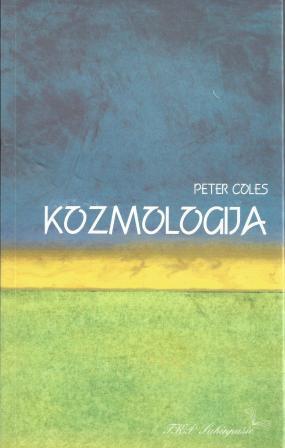
A little later than promised I thought I write a few things about the latest book I’ve read, Bullshit Jobs – subtitled The Rise of Pointless Work and What We Can Do About It – by anthropologist David Graeber. The book, published in 2015, was inspired by an essay Graeber wrote in 2013 on the same subject and is largely based on anecdotal testimonies sent to him by social media in reaction to that original piece.
I don’t have time to go into every issue raised by this book but I will make some comments based on my experience as someone working in a university, though I should point that it’s not a book about specifically universities. A huge amount of what is this book rings very true and I urge all my colleagues to read it. I suspect however that the people responsible for the proliferation of bullshit jobs in higher education institutions won’t bother.
It is useful to mention the definition of a bullshit job that Graeber settles on:
A bullshit job is a form of paid employment that is so completely pointless, unnecessary, or pernicious that even the employee cannot justify its existence even though, as part of the conditions of employment, the employee feels obliged to pretend that this is not the case.
pp. 9-10
In addition, Graeber divides bullshit jobs into five main types:
- flunkies,
- goons,
- duct tapers,
- box tickers,
- and task masters.
I think each category is fairly self-explanatory, but you can find each described in detail in Chapter 2. In a typical modern university you will find examples of all five; and many people have jobs in more than one category of bullshit.
An academic and former Head of Department at a UK university is quoted thus
As managerialism embeds itself, you get an entire cadres of academic staff whose job it is to keep the managerialist plates spinning – strategies, performance targets, audits, reviews, appraisals, renewed strategies, etc., etc., – which happen in an almost wholly and entirely disconnected fashion from the real lifeblood of universities: teaching and education.
pp. 53-54
This is very true, but it’s not only the exasperation of the “disconnect” that is the problem. There’s also the level of resources being taken away from teaching and research to sustain the ever-increasing bullshit which is extremely damaging. I would contend that it’s in the interest of the managerial class to keep the academics under as much pressure as possible because by labelling individuals and departments as “struggling” they have an excuse for even more managerialism. And so it goes on.
It’s worth pointing out an even clearer mechanism by which bullshit jobs proliferate in universities. This is that managers generally get paid according to how many people they manage. Appointing more flunkies, goons, and the rest is a sure-fire way of getting ones job “re-graded” and salary increased. A genuinely good administrator should aim to reduce administrative costs so as to maximize the investment in core activities, i.e. teaching and research. This is the exact opposite of what happens now.
Particularly irritating bullshit activities include systems that require one to download data (e.g. coursework marks) from one system only to reformat them for upload to another. Why not just integrate these applications? And the excruciatingly painful process of claiming minor expenses. That is something could easily be automated with AI, but instead every sandwich and cup of coffee is scrutinized by individuals whose wages cost more than could ever be saved by identifying incorrect claims. Financial control of this sort is emphatically not about saving money. It’s about asserting control. The message from the Management is “We have the power, and we don’t trust you. You will have to jump through many hoops for everything you get from us. Or better still, give up and just bear the cost yourself.”
Here is another comment from an “anonymous British academic” that will strike a chord with everyone who works in a university:
Evert dean needs his vice-dean and sub-dean, and each of them needs a management team, secretaries, admin staff; all of them only there to make it harder for us to teach, to research, to carry out the most basic functions of a university.
pp. 181-2
I could write more about this – and may do so in the future – but I’ll leave it there, except to say that bullshit jobs are only part of the problem. There are entire bullshit industries whose existence satisfies the criterion that they are “pointless, unnecessary, or pernicious”. Academic publishing is just one example of a bullshit industry; University rankings are another.
Anyway, this is an enjoyably vigorous polemic written by a man with a very inventive mind. It’s very sad that he passed away in 2020. David Graeber would, I think, have described himself as an anarchist. Not in the sense of the Black Bloc lunatics who smash up buildings for fun, but in the sense of being opposed to excessively hierarchical institutions and systems and the power structures they encourage. I agree with him on that. There’s no doubt in my mind that hierarchies allow bullshit jobs to proliferate just as they also allow abuse and harassment to do likewise.





















![DSC_0160[1]](https://telescoper.files.wordpress.com/2015/08/dsc_01601.jpg?w=450)
![DSC_0161[1]](https://telescoper.files.wordpress.com/2015/08/dsc_01611.jpg?w=450)
![DSC_0162[1]](https://telescoper.files.wordpress.com/2015/08/dsc_01621.jpg?w=450)
![DSC_0163[1]](https://telescoper.files.wordpress.com/2015/08/dsc_01631.jpg?w=450)









